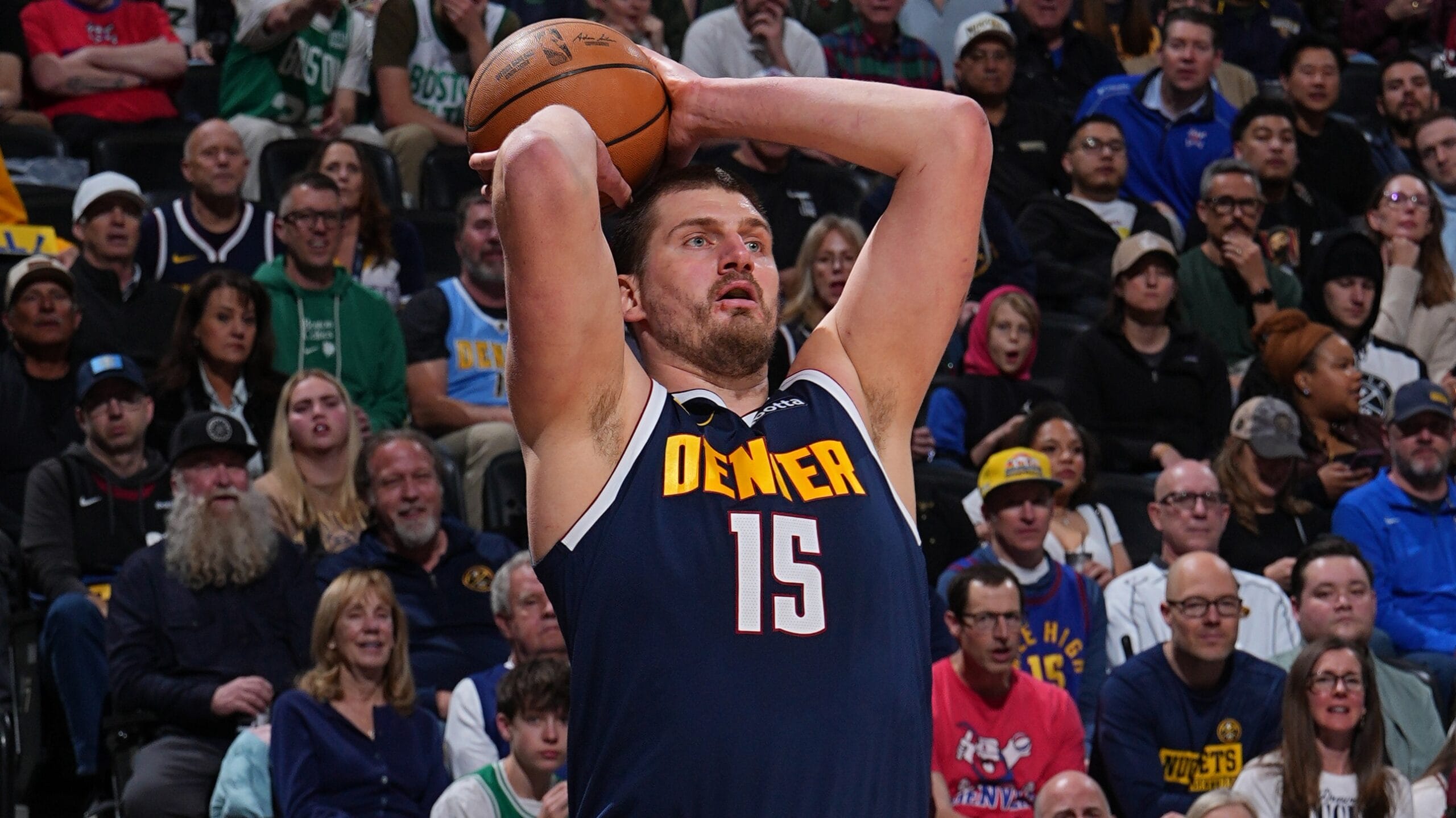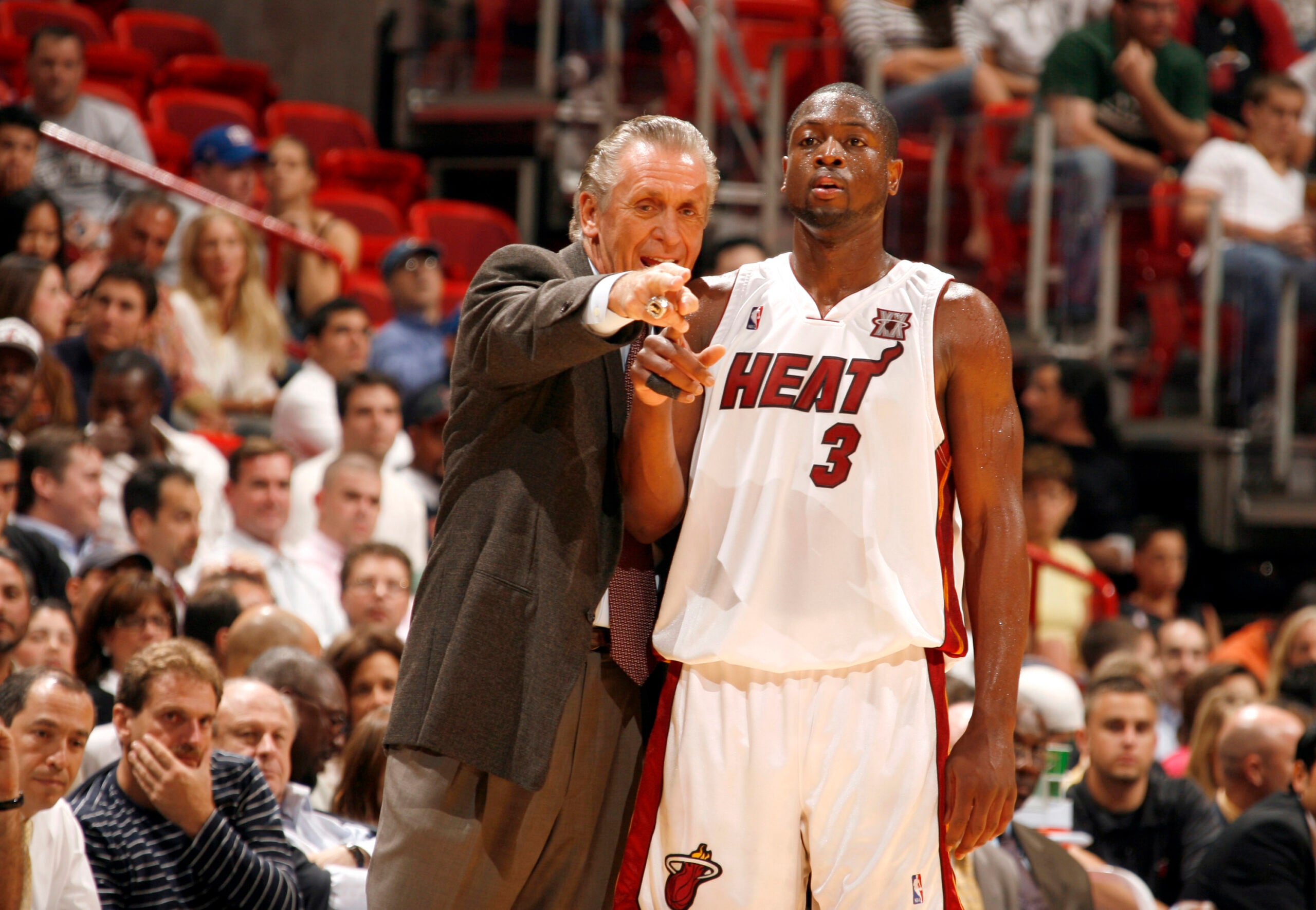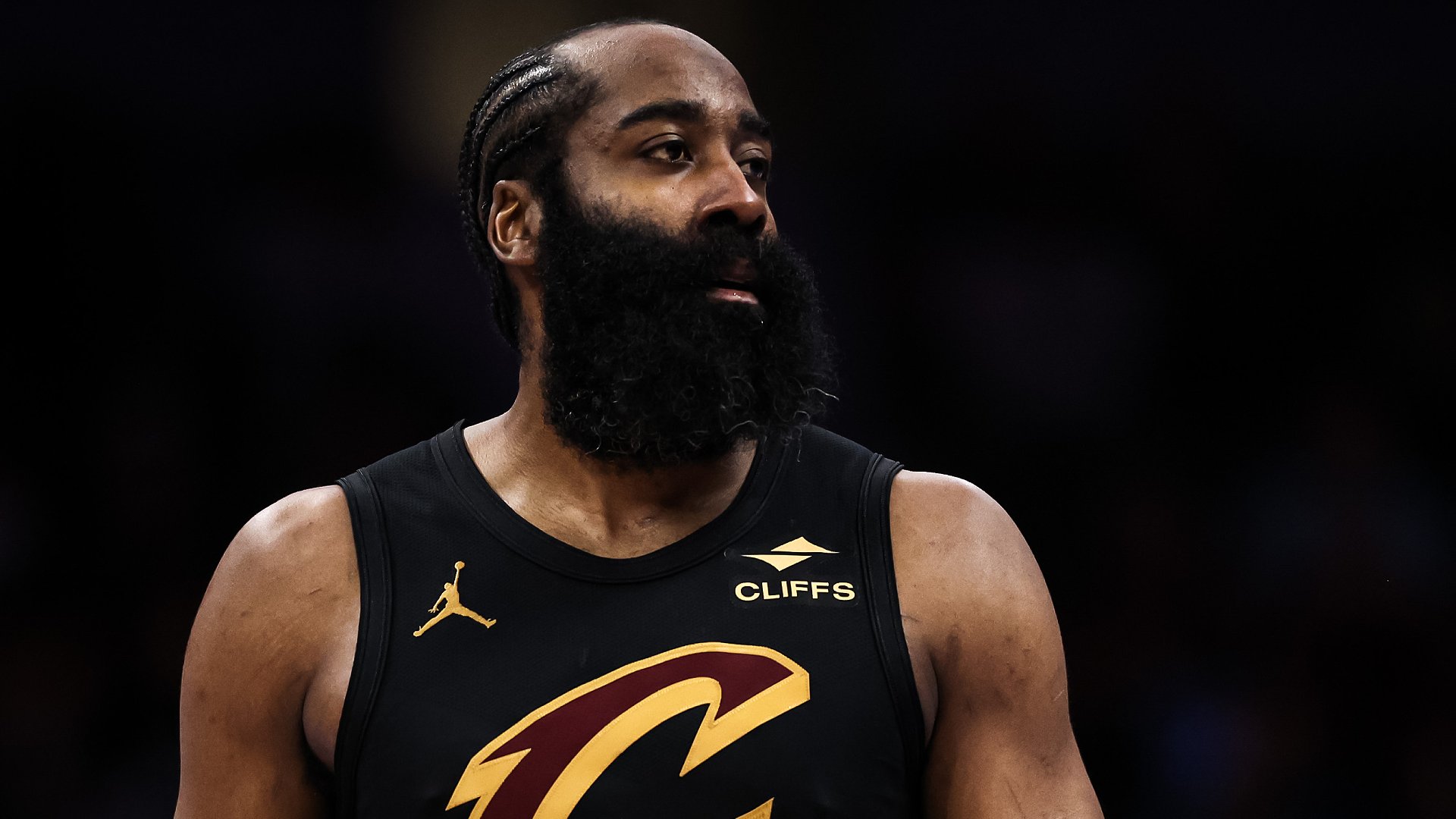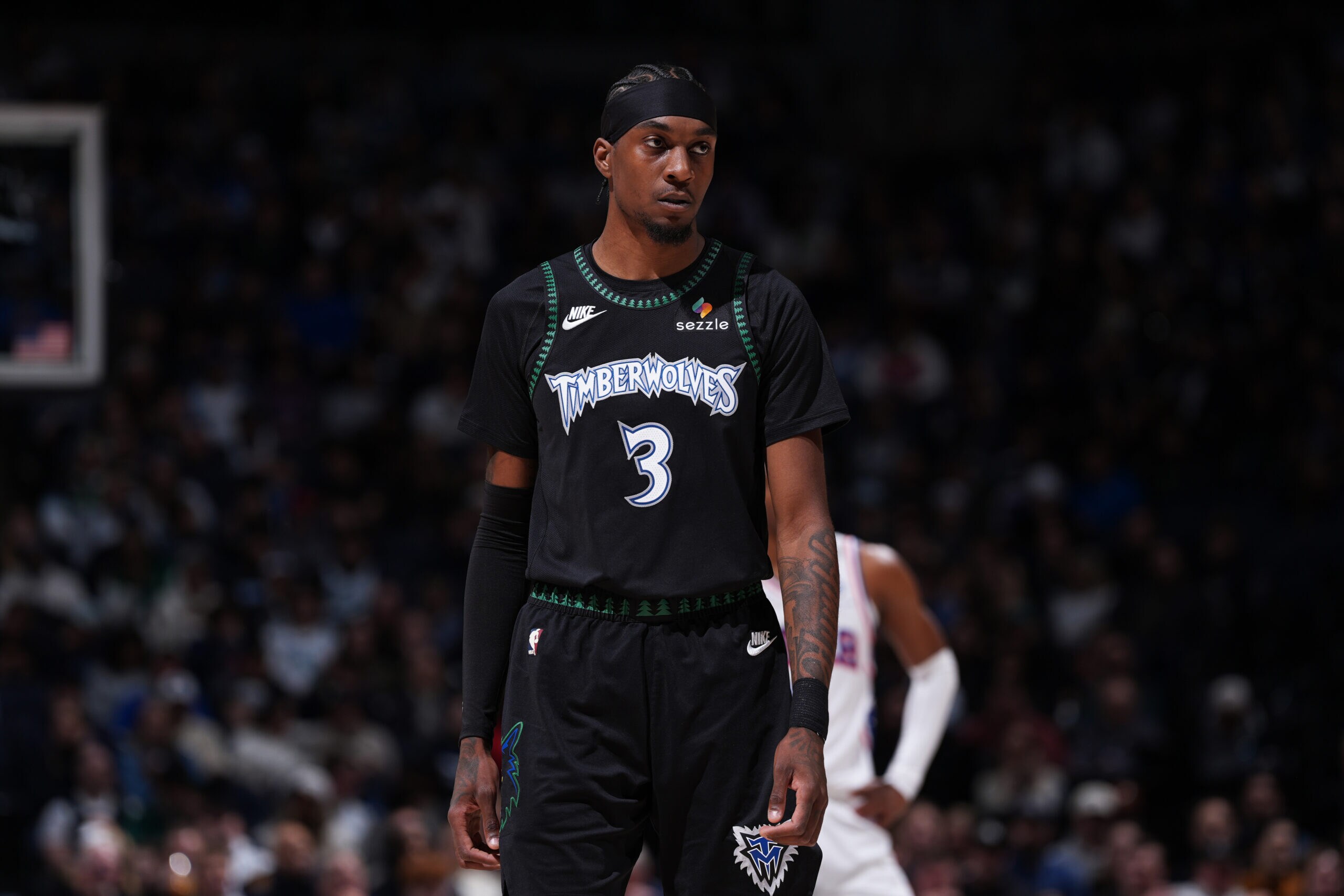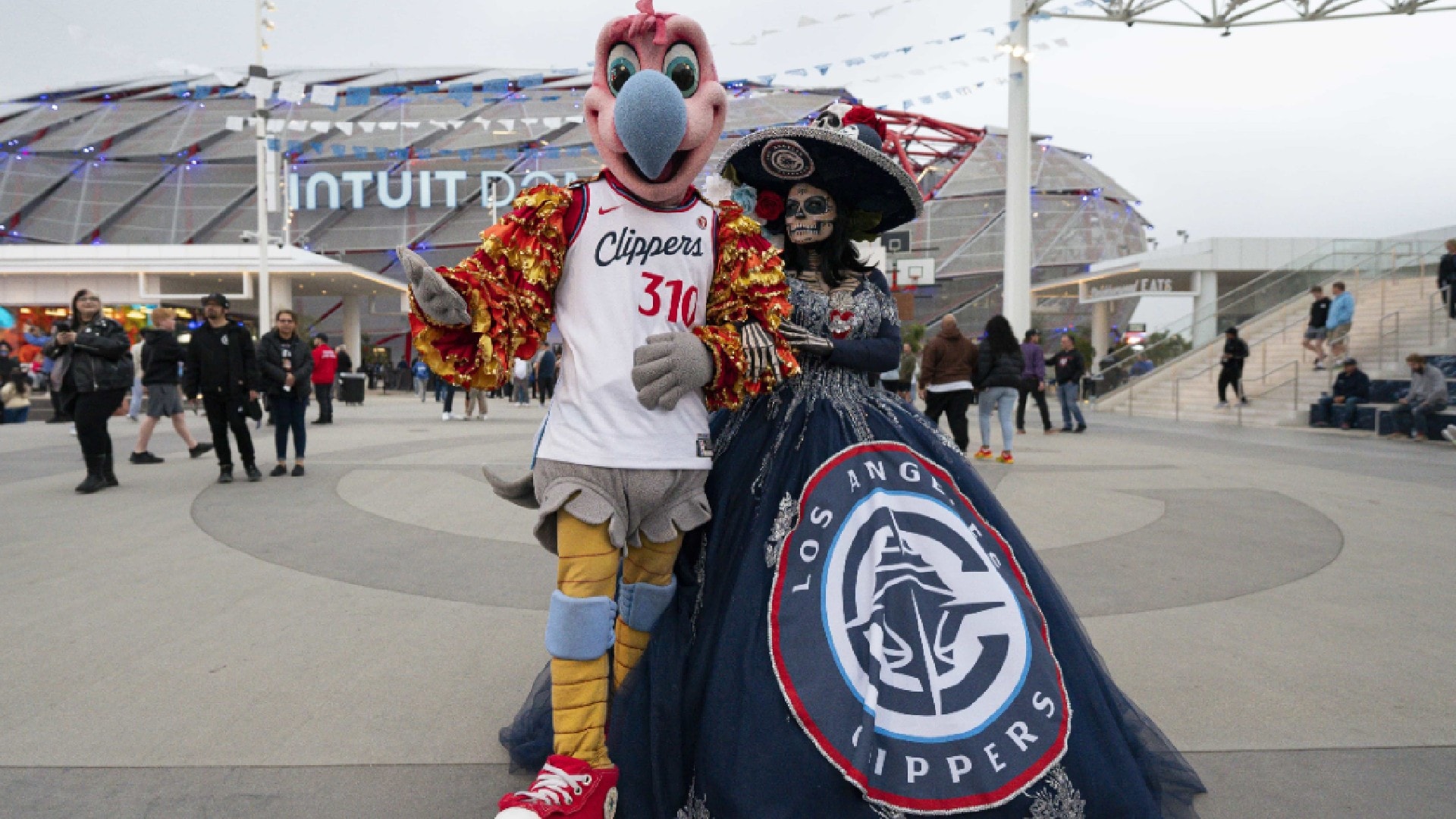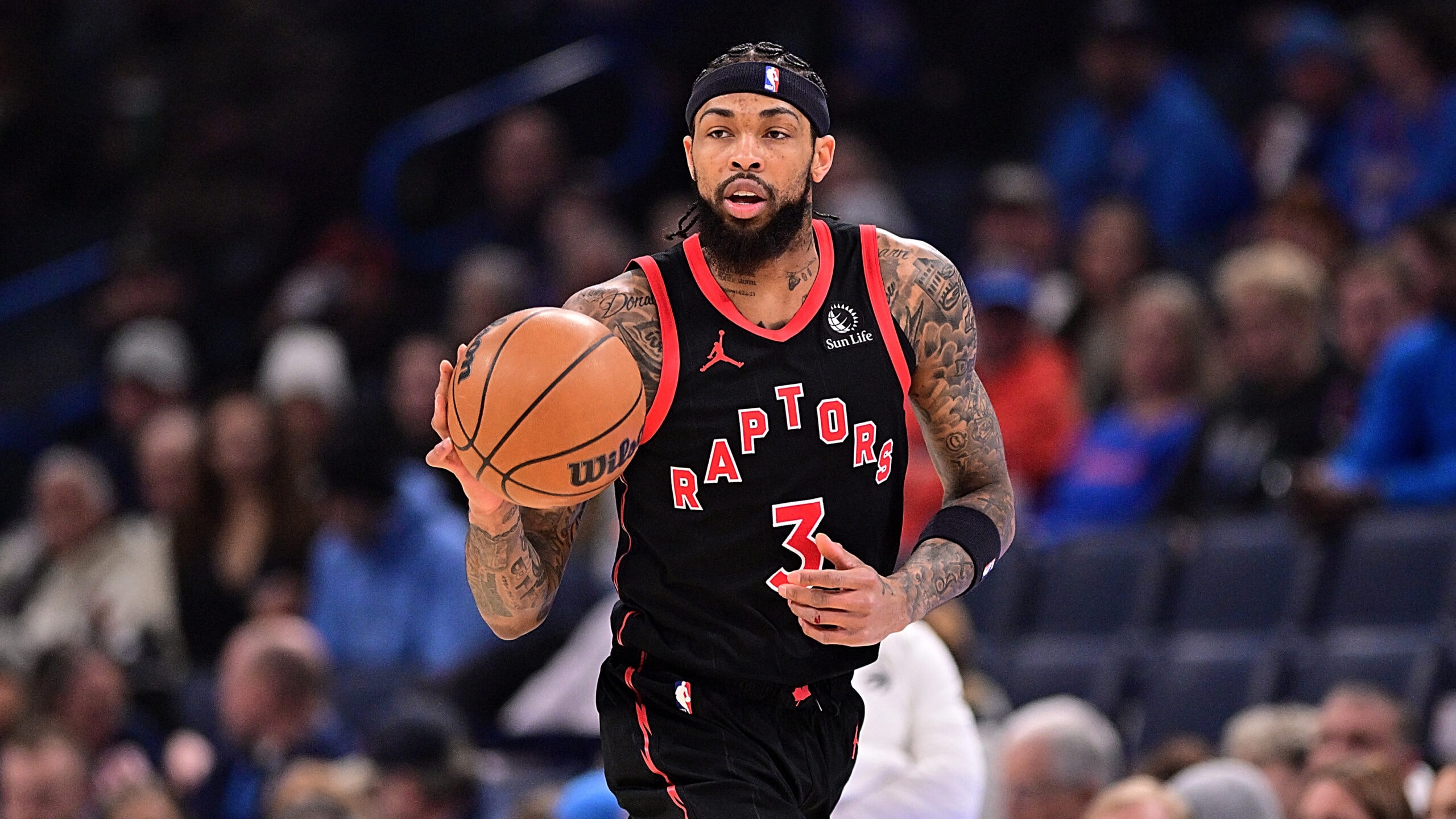
Canadian basketball pioneer Ben Newman poses for a portrait in the 1940s.
Rewind back to Nov. 1, 1946. It costs $2.50 to attend the Toronto Huskies and New York Knickerbockers matchup at Maple Leaf Gardens in Toronto. If you’re taller than 6-foot-8 (the height of Huskies big man George Nostand), you’re in luck. Admission is free.
Unbeknownst to those in attendance, the matchup would make history — not only for Toronto, but for what would become the National Basketball Association. The league’s very first game (the ABA, at the time) was cemented.
One of the key members of the operation was Ben Newman.
Newman was a 25% owner of the Huskies at just 26 years old, with three Canadian national championships under his belt. He coached the Merritton-Hayes Hellcats (1944 and 1945) and their junior squad, the Hellkittens (1945) to victory before his successes sparked international attention.
Newman’s initiative to mount charity basketball games at Maple Leaf Gardens laid the groundwork for future professional basketball events in Canada. He even paid for the hardwood floor himself, despite a lack of funding.
While the Huskies’ year-long stint with the ABA was brief — the effects of Newman’s efforts to grow the game are present in Canadian basketball and beyond.
His grandson, Jordon Williams chatted with NBA.com to touch upon Ben Newman’s career and legacy.
Editor’s note: The following conversation has been condensed and edited.

Newman’s time with the Huskies sparked a milestone in Canadian basketball.
NBA.com: How did Newman’s love for the sport come to him? And how did it grow so fast?
Jordon Williams: It started on a bet. It was a bet among three guys sitting around and he said, “There’s no such thing as a bad boy or bad girl. I will prove it to you. If you get a kid involved in sports, they’ll turn out to be excellent people in business and in life.”
And that’s where he came up with [the idea] to create a top national team to win. [He] wanted the best of NCAA players because [he] wanted kids to look up to them to see that you could excel in sport and education.
Then after he won the first title, he put up the HellKittens, which ended up winning the national game, as well. And what I love about that story, as he was more proud of the juniors, because he said later in life, everyone on that team became successes in life.
He didn’t care about winning, he cared about the end result and proving that it’s true — there is no such thing as a bad boy or girl.
What do you think established that confidence in him to achieve all those feats in his career?
I firmly believe it was organized sport. That’s where you get your confidence from. I can tell you personally, from my own experience, I was a meek little kid but once I got into organized sports, boom, you get your voice. And I guarantee you, he was the same way.
He said that after Sunday school he’d meet up with his friends and they’d play ball. And then he did organized football, lacrosse, track. I guarantee you, that’s where a lot of it came from.
Yeah, there’s some of it in your bones. But it takes that teamwork and that leadership and being a part of something bigger than yourself, to get that to bubble up and get that attitude.
What would you say is the most surprising piece of information that you found?
I think just his age and the gumption and all that he accomplished and all that he gave up for family. He gave up his passion in the Huskies.
After the Huskies how did Canadian basketball continue to grow?
After the three championships, they started putting nets in all the arenas in the churches. And participation grew exponentially for the next 25 years, which was phenomenal. So without Benny doing what he did, getting that interest, he helped grow [the game].
Even the idea that organized basketball is something to take part in wasn’t really there before Ben. You can make a great argument that his three titles, the Huskies and his commitment to kids [through] basketball scholarships grew the game, always helping it go forward.
The team’s creation and participation in the inaugural NBA season marked a significant milestone in Canadian basketball history, so there’s a definite cause and effect.

Toronto honored the inaugural Huskies organization on the Air Canada Centre hardwood in 2016.
What do you think that your grandfather would think of Canadian basketball today?
Love it. He’s so enthusiastic, so supportive. He’d be asking, what can I do to help? Not involved, he made that very clear. Just before he died, there were some rumblings about a new franchise, and he made it very clear [that] it’s up to the next generation. But he’d be watching the [NCAA] tournament 100%. He always watched the tournament. He would be critiquing. He’d have an opinion.
He’d be thrilled by the participation and the multiculturalism of it. And that a kid in Mississauga, Scarborough, or North Vancouver sees someone who looks like them performing at the highest level. I think that’s what it all comes down to.
How has your research and learning more about your grandfather strengthened your connection with him?
I always say to people, it’s a chance for me to figure out who I am and where do I fit in this family? And the more I dug into this, I got to meet a man who I connect with personally, and this incredible individual I never knew before. What’s great about this project is I discovered him from high school to end of life so it’s a full complete story.
I got to discover who I am just as much as I discovered [him].




